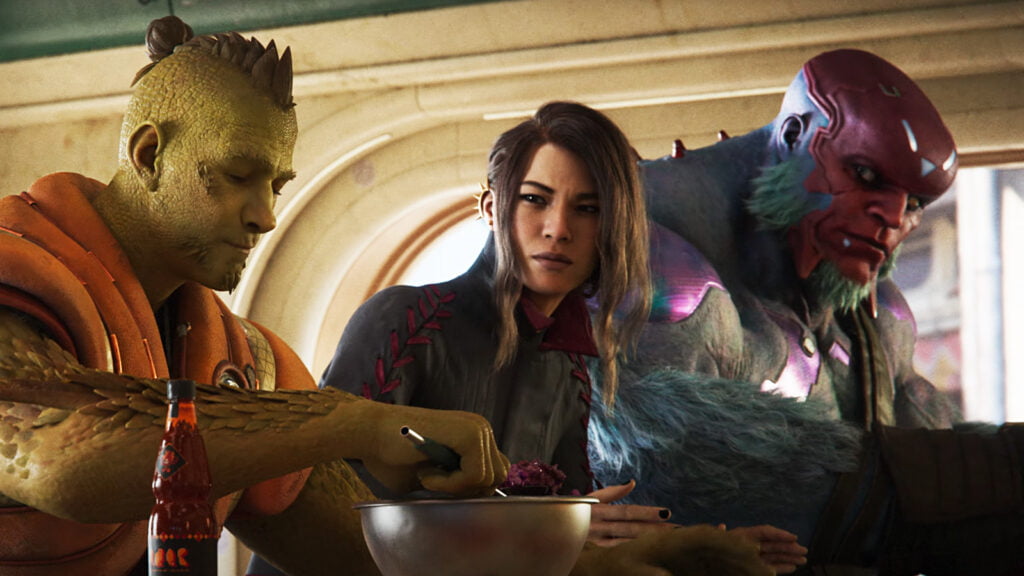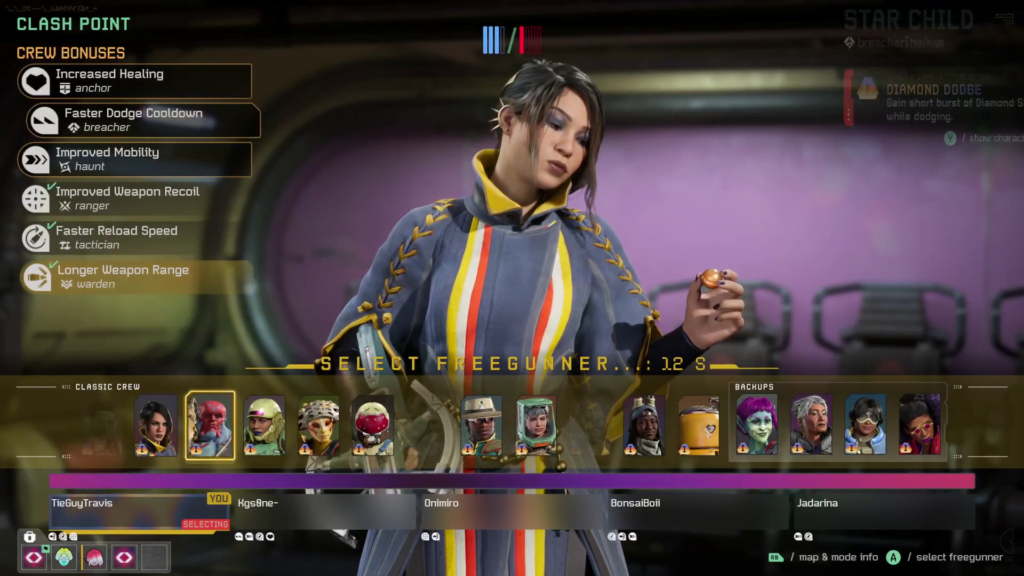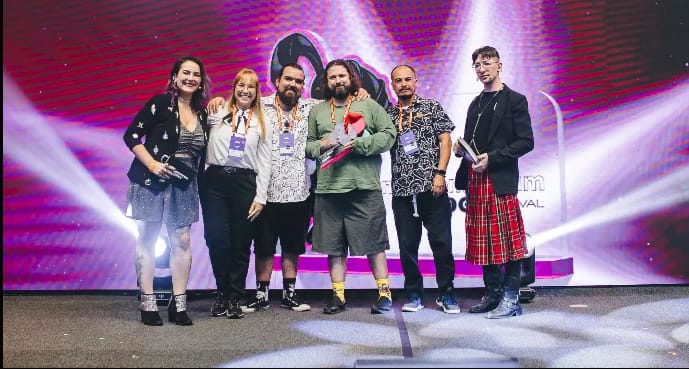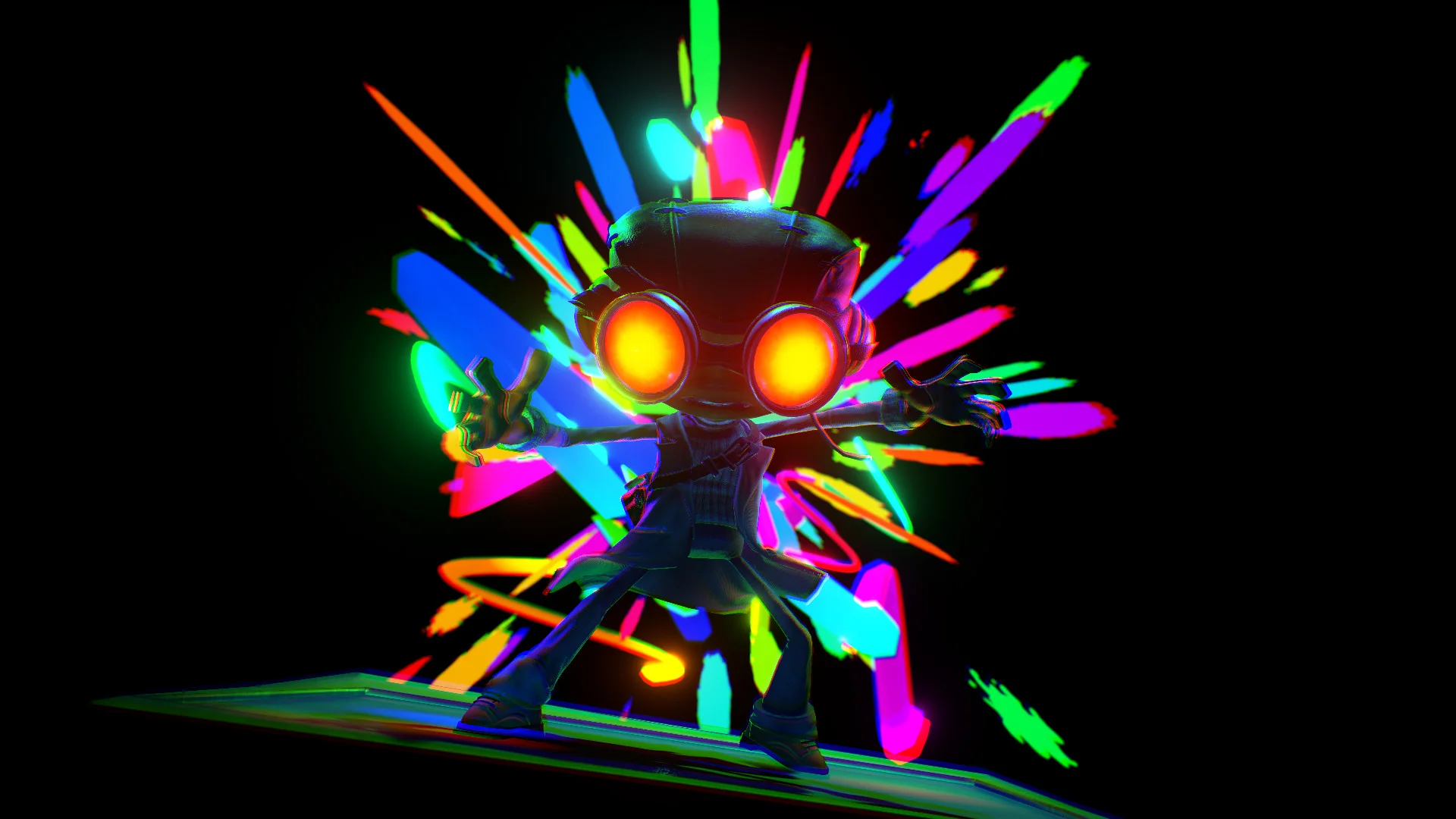It’s sad to think that a game didn’t get to live long enough for a reviewer such as myself to come up with an article. Having received Concord a few days ahead of its release, I was hoping to get to play it for a bit longer before coming up with this piece, but it was not meant to be. Sony has decided to pull the plug on the project for now and refund customers, in order to hopefully retool it and give it new life, which I assume will be as a free to play game. Honestly, what it should have been from the get go.
For the limited time playing, I kind of liked what I saw. There’s no denying that Concord has its roots in another team-based adversarial multiplayer game that’s seen relative success on launch but has since fallen out of grace, Blizzard’s Overwatch, but there are some aspects of Firewalk Studios’ project that worked well on their own. When it comes to story, Concord feels much more ambitious and invested in having you care about what’s going on behind the scenes, serving up loads of interstitial animated cutscenes that are admittedly fun to watch.
Still, there are issues that don’t help the game’s case all too much, like less than great character designs and archetypes, who stick too close to the 6v6 – now 5v5 – title that inspired it. After playing a dozen or so hours of Concord, I struggle to think of any particular one that I could care too much about when it comes to gameplay, even if they were in fact portrayed in an entertaining fashion in between missions. And speaking of missions, those are less than ideal.

Concord’s structure centers around having you, a freelance mercenary of sorts, join up with the Gunrunners and fight against other teams in order to cash up in a series of pre-baked scenarios that boil down to doing the same things you’ve been doing for decades in multiplayer games, such as defending bases, escorting objectives, and deathmatching ad nauseam. It’s unfortunate that Firewalk was not given more time to flesh these out more, but modes should have been more unique from the starting gate.
That’s not to say that there weren’t any good ideas sandwiched between all the boredom of your run-of-the-mill online FPS. The team composition mechanics that award you for jelling with your pals and picking characters that complemented each other are pretty darn sweet, as are the awards for countering the opposition and forcing you to be aggressive by locking out skills after use until you actually go for broke. But other elements aren’t, such as the total lack of any ultra skills or similar tide-changing bonuses, something that would’ve helped balance it all out. These omissions are vital as they could have made the game more newbie-friendly and help garner a bigger audience.
As it is a couple of days before its shutdown, Concord is a tough sell for Sony, so it’s understandable that it’s happening, while on the other hand if market research was done before it even left the design room table, it all could have been avoided. That is to say, playing up the game’s strengths, such as its constantly growing story and potentially gripping player development system instead of relying on what at the time it started development, Overwatch’s popularity, and aping just about everything it did in very meh fashion.

While it’s sad to see nearly eight years of hard work by the developers being taken back to the drawing board for God knows how long, it gives hope that something decent might come back to light given what all signs point to an enormous amount of money invested by Sony, and knowing them, they wouldn’t want to waste it all if they can help it. Only time will tell, I suppose.
That said, just throwing Concord out as a free to play game isn’t the only avenue that should be taken in order to hopefully make it a title folks want to play, and that the necessary overhaul it so clearly needs indeed happens and that the many years of work that have gone into it aren’t wasted in what could turn out to be a less than ideal way to spend your time gaming online.
Concord‘s yet another example of the pressure put on developers to release games to fill in the home companies’ marketing and bottom line in a myopic, short-sighted way, to get a buck in trends. We’ll have to wait and see what happens to the game and hope it’s not a victim of what eats away at the gaming industry and spits out people and their livelihoods at just about every possible moment the last few years.






Concord was in the works for many years, they have no excuse for it.
The uglification of the characters and bad game play and mechanics